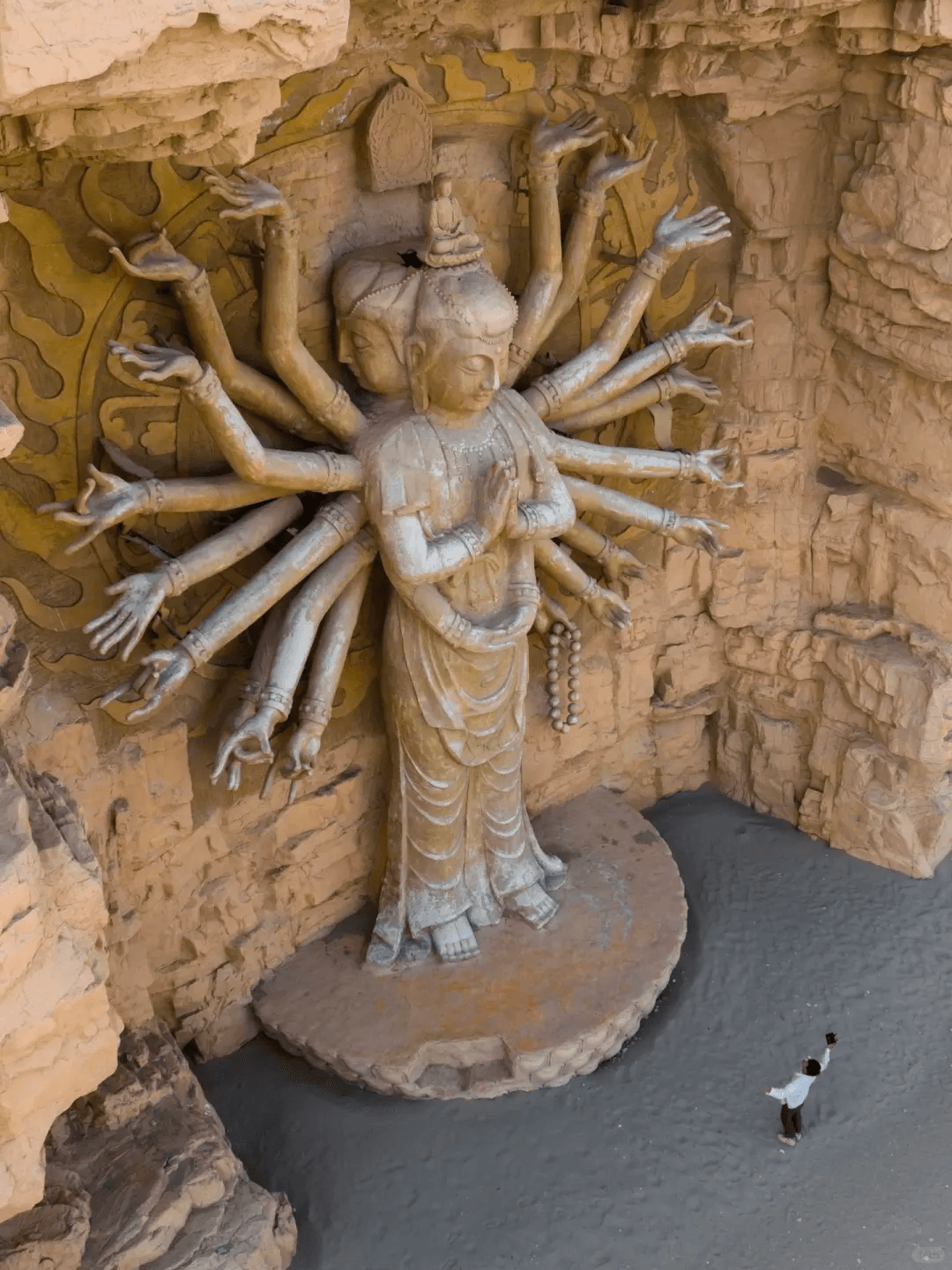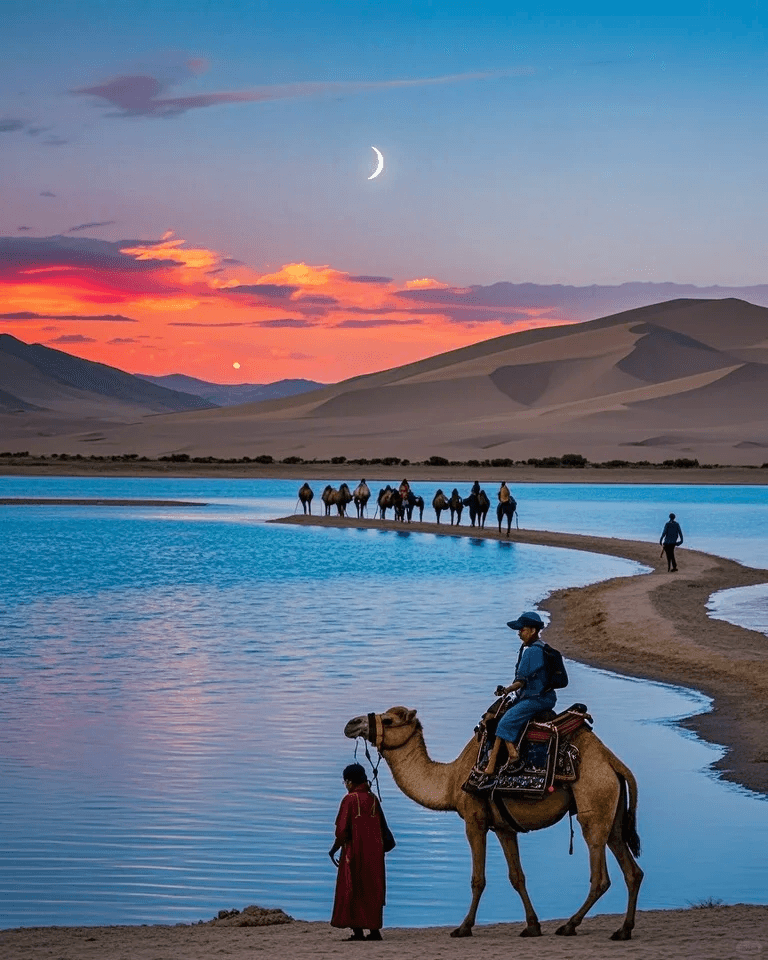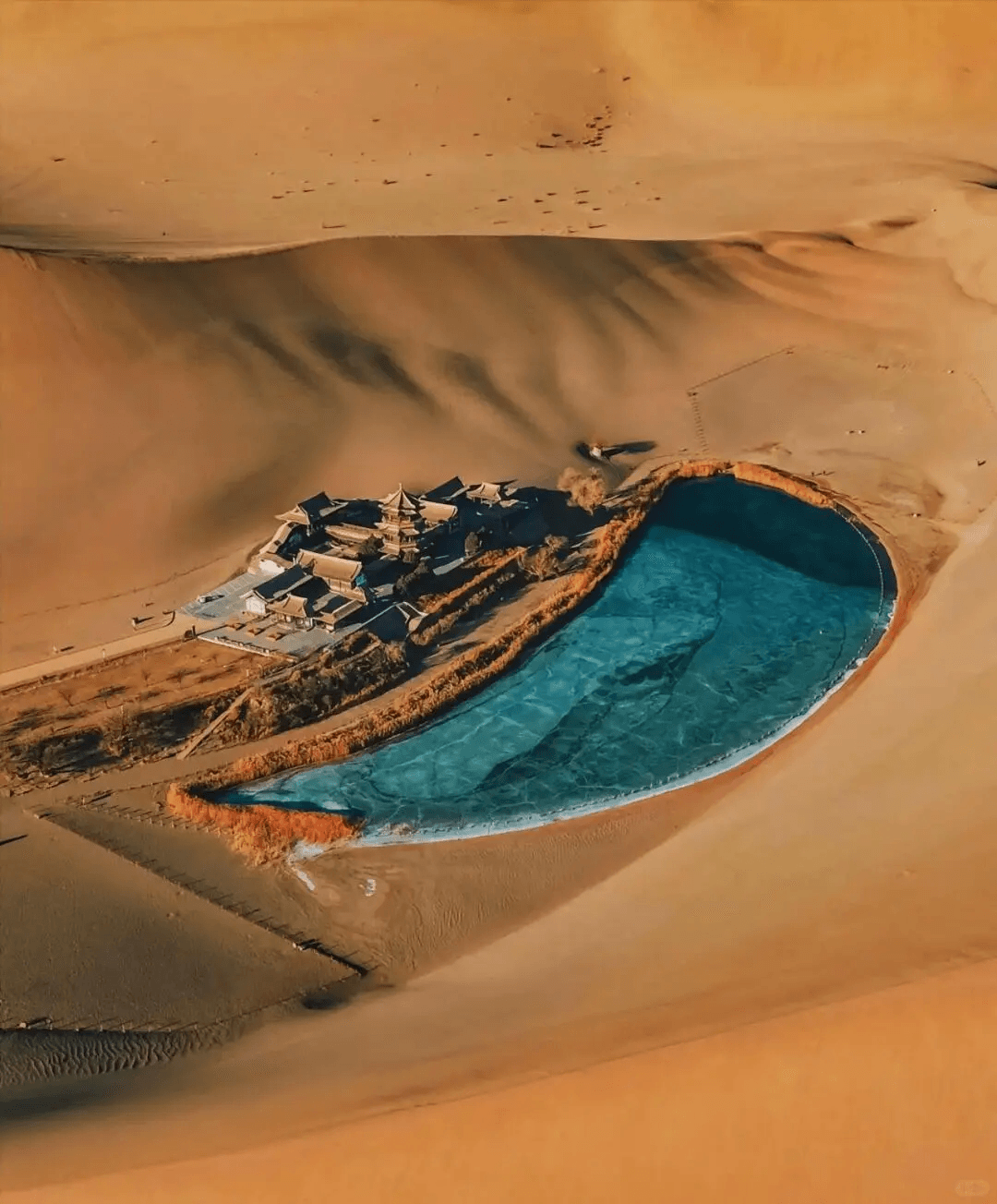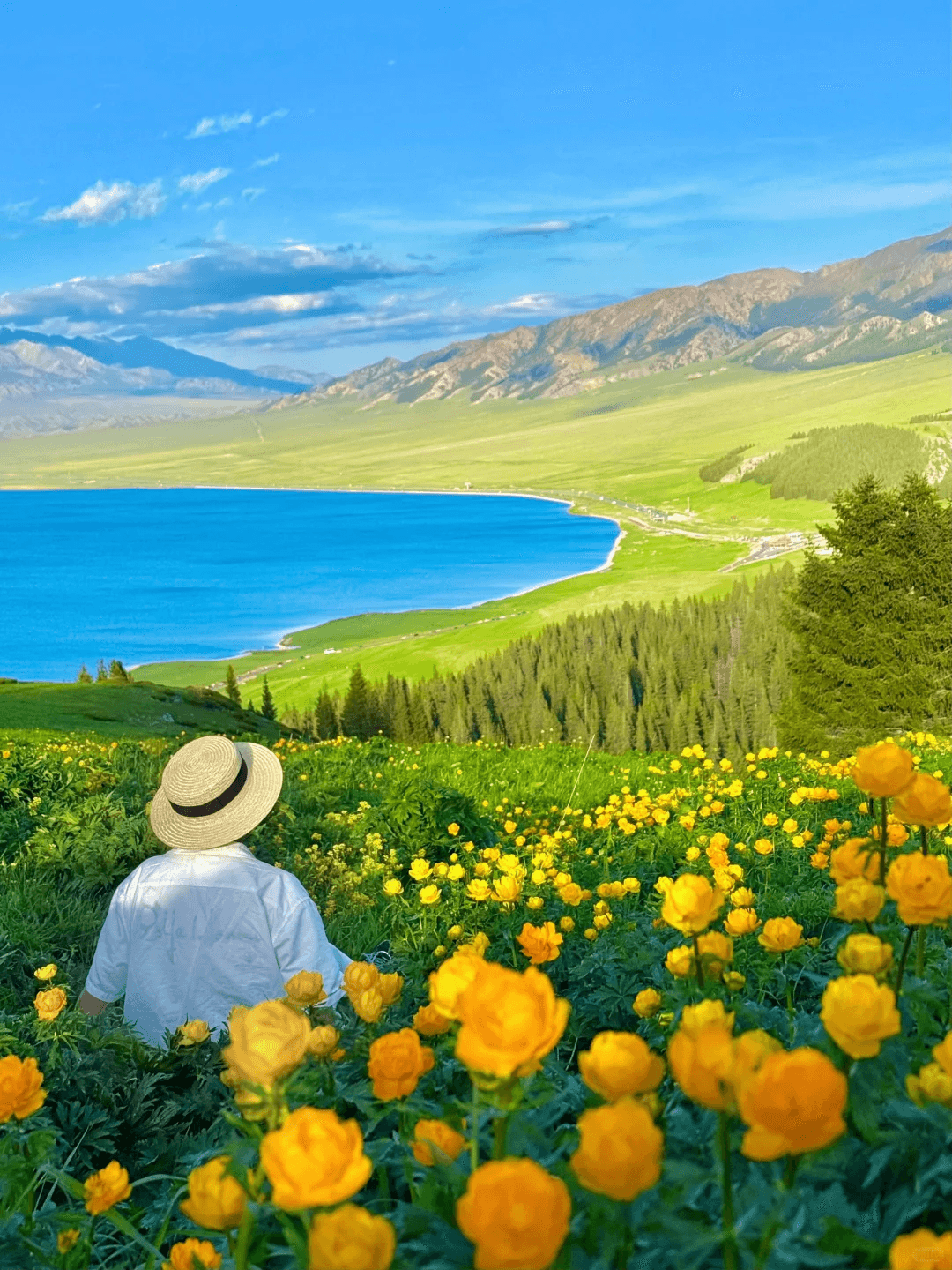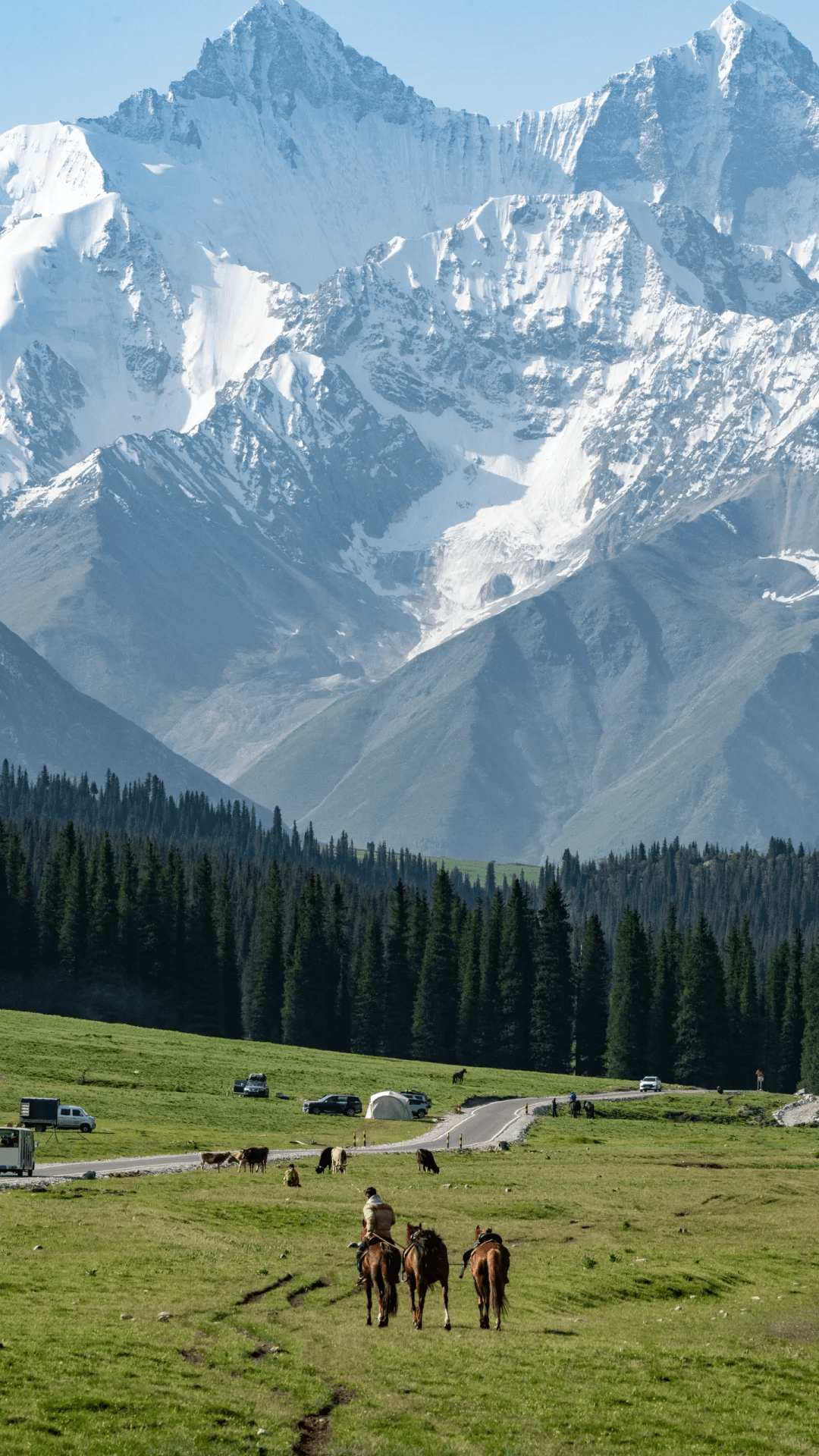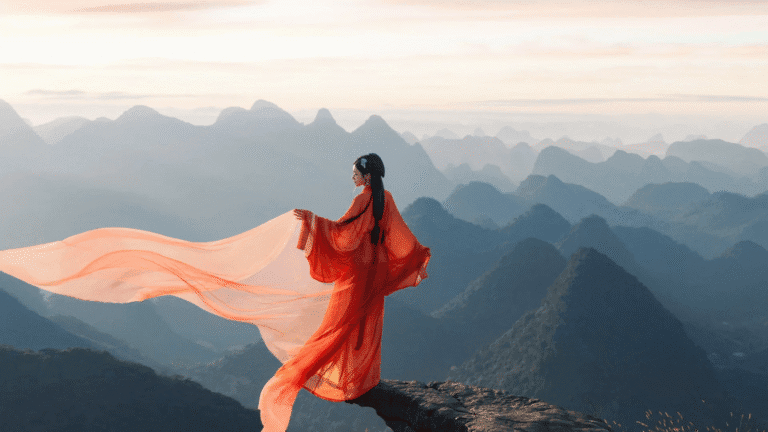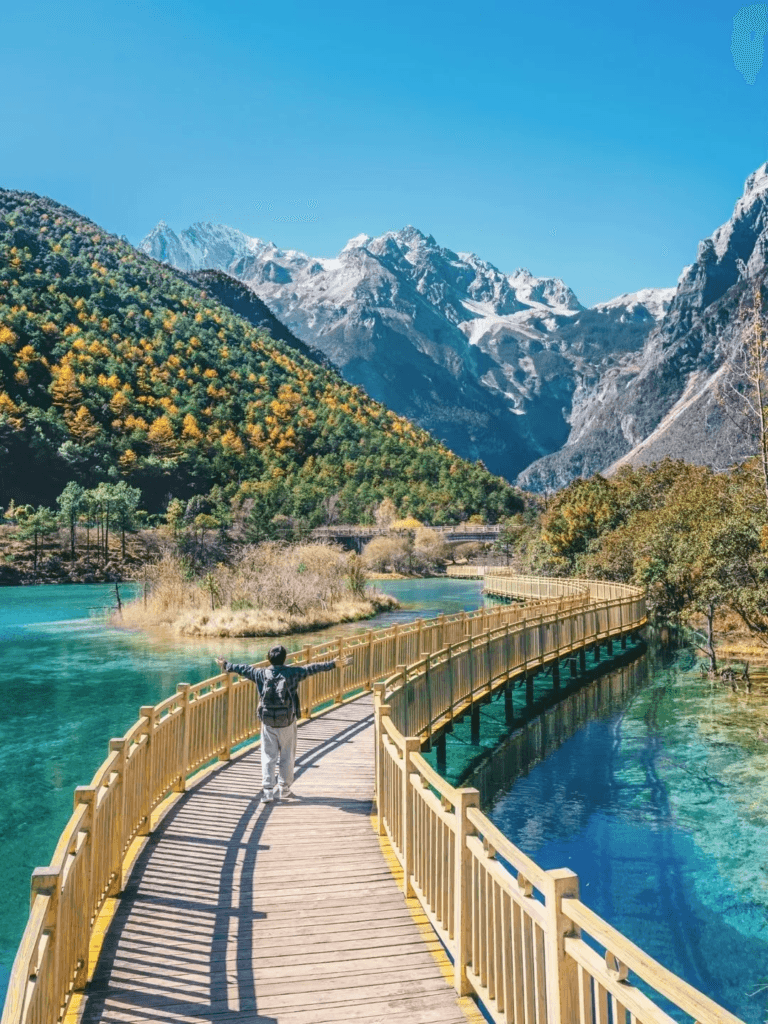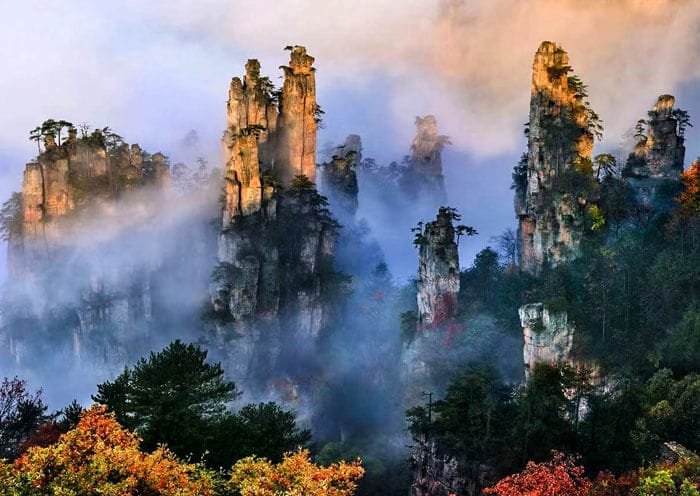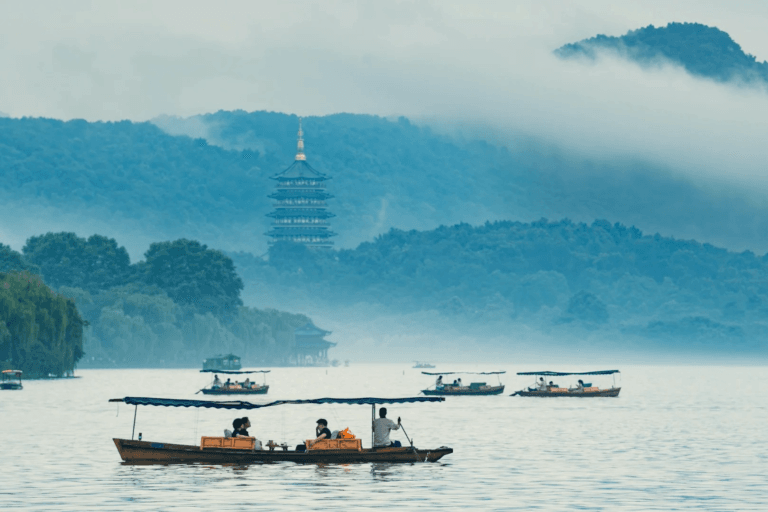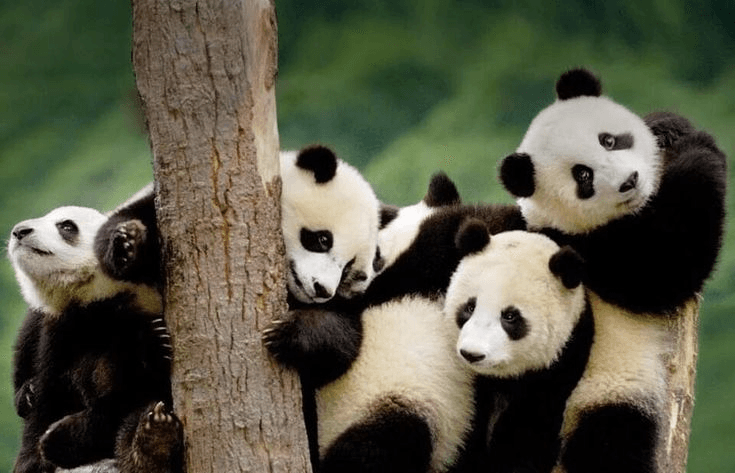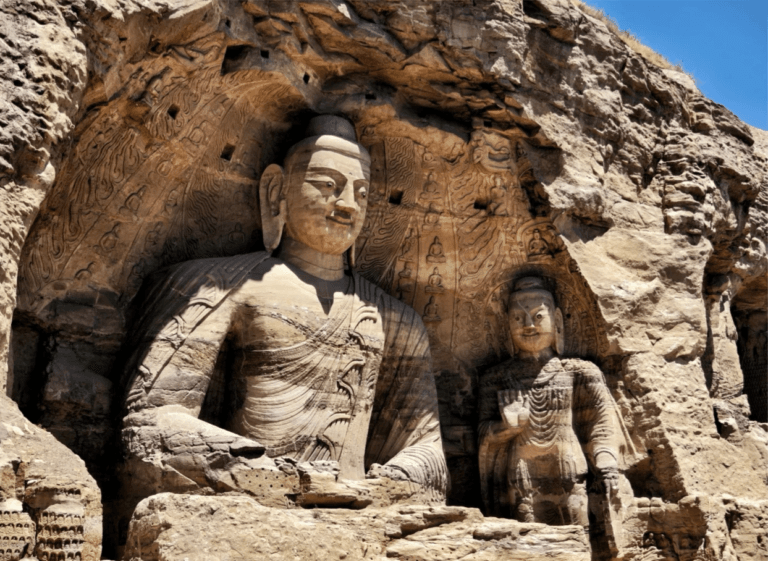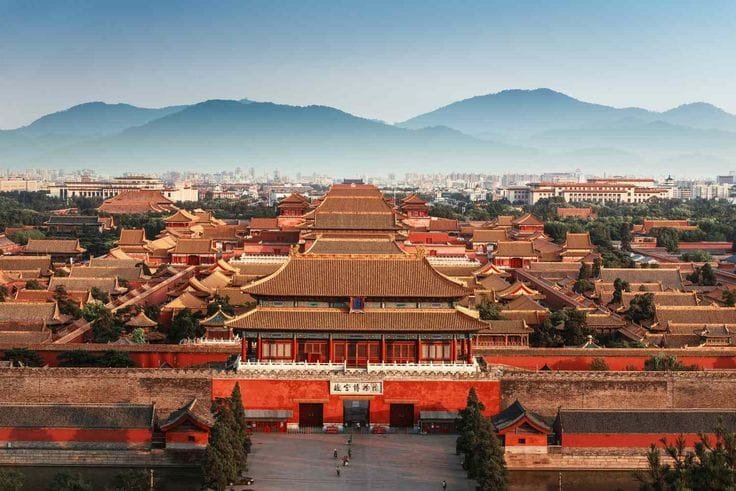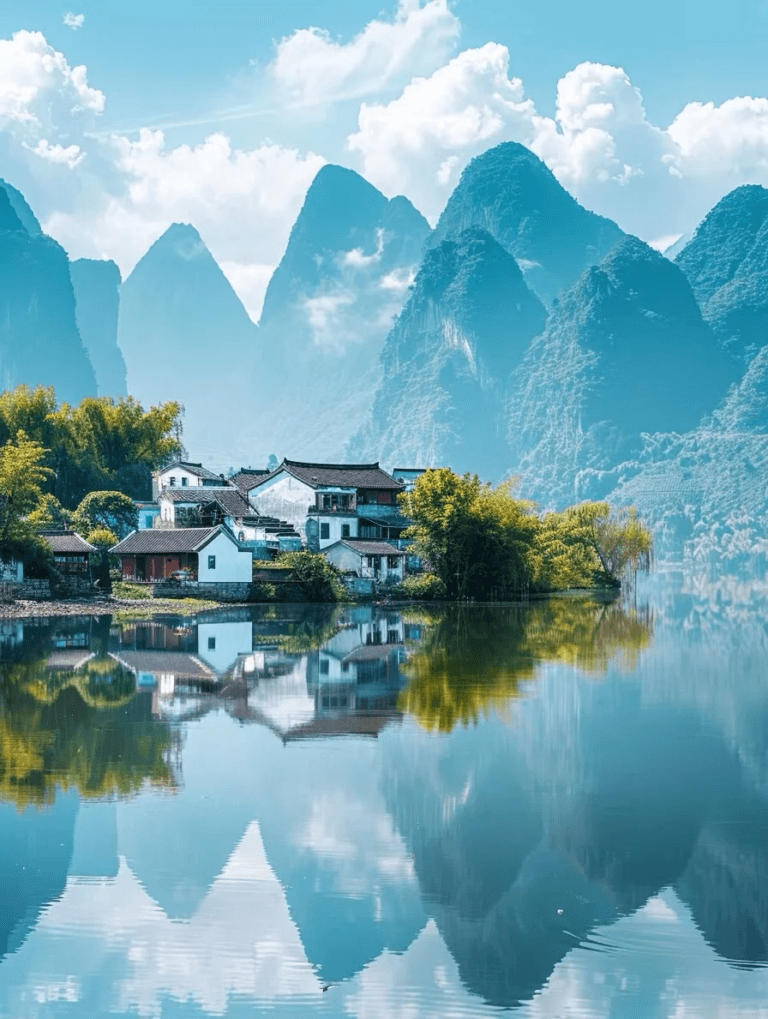Route:
Xi’an > Zhangye > Jiayuguan > Dunhuang > Turpan > Urumqi > Kashgar
Duration:
14 Days
Suitable for:
Cultural&History explorers, adventure travelers, photographers
Accommodation:
4-star boutique hotels & local stays
Best Season:
April to June and September to October
Guide Languages Available:
English, French, Chinese
Introduction
Embark on a captivating journey tracing the ancient Silk Road’s cultural and natural marvels. This 14-day itinerary weaves through imperial cities, desert landscapes, and vibrant ethnic hubs, unveiling China’s rich history and diverse heritage along this legendary trade route.
Itinerary Overview
Our standard itineraries are for reference only — just let us know your preferences in the form, and our travel experts will customize a trip just for you!
Explore Xi’an, the cradle of the Silk Road and home to China’s terracotta warriors and imperial treasures.
Day 1: Terracotta Warriors and Cultural Icons
Begin at the Terracotta Warriors Museum, an archaeological marvel showcasing Qin Dynasty military power. Visit the Giant Wild Goose Pagoda and Xuanzang Memorial Hall, celebrating Buddhist cultural exchange. Walk or bike atop the well-preserved Ancient City Wall, a symbol of East-West interactions. Finish the day at the Shaanxi History Museum, then savor local flavors at the bustling Muslim Quarter.
Day 2: City Landmarks and Tang Dynasty Heritage
Discover the Bell Tower, Drum Tower, and the Great Mosque, epitomizing Xi’an’s multicultural history. Optional visits include the Forest of Stone Steles Museum or a stroll through the Tang Paradise cultural park. Evening features a traditional Tang Dynasty performance with dinner.
Day 3: Pagodas and Departure to Zhangye
Visit the Small Wild Goose Pagoda and nearby Da Ci’en Temple. Explore more museum exhibits or relax before your evening flight to Zhangye.
Journey to Zhangye in the Hexi Corridor, famed for stunning Danxia landforms and Buddhist heritage.
Day 4: Rainbow Mountains and Ancient Temples
Visit Zhangye Danxia National Geopark, known worldwide for its vibrant, layered rock formations — a photographer’s paradise. Tour the historic Dafo Temple, a key site in the spread of Buddhism along the Silk Road.
Day 5: Museums and Transfer to Jiayuguan
Explore the Zhangye Museum for deeper Silk Road insights. In the afternoon, drive approximately three hours to Jiayuguan, the western terminus of the Great Wall.
Step into Jiayuguan’s strategic role guarding the Silk Road’s edge.
Visit Jiayuguan Fortress, the majestic western gateway of the Ming Great Wall. Explore the cliff-hanging sections of the Great Wall nearby and the Long Wall Museum to understand ancient Chinese defense systems. In the evening, transfer toward Dunhuang, overnighting in Guazhou en route.
Discover Dunhuang’s desert wonders and its unparalleled Buddhist grottoes.
Day 7: Mogao Caves and Crescent Lake
Tour the UNESCO-listed Mogao Caves, a masterpiece of Buddhist cave art and Silk Road cultural synthesis. Visit the stunning Crescent Lake oasis and explore the vast Singing Sand Dunes. Optional camel ride experience to immerse in Silk Road caravan life.
Day 8: Dunhuang Museum and Departure to Turpan
Visit the Dunhuang Museum to explore Silk Road artifacts and desert cultures. Fly to Turpan in the evening or next morning, depending on flight availability.
Explore Turpan’s rich oasis culture beneath the legendary Flaming Mountains.
Day 9: Ancient Cities and Waterworks
Visit the ruins of Jiaohe Ancient City, one of the world’s oldest earthen cities, and Gaochang Ancient City. Tour the Karez Underground Water System museum to learn about ingenious ancient irrigation.
Day 10: Flaming Mountains and Ethnic Culture
Explore the Flaming Mountains, famed in Chinese literature and mythology. Visit the Bezeklik Thousand Buddha Caves for early Buddhist murals. Engage with local Uyghur villages to experience traditional crafts and music. Evening transfer to Urumqi.
Discover Urumqi’s blend of contemporary life and Silk Road heritage.
Visit the Xinjiang Museum, famous for its well-preserved mummies and Silk Road relics. Explore Red Hill Park or the bustling International Grand Bazaar, reflecting modern Xinjiang’s ethnic diversity. Evening flight or train to Kashgar.
Experience Kashgar’s unique mix of Central Asian culture and Silk Road history.
Day 12: Historic Old Town and Markets
Wander Kashgar’s old town with its vibrant bazaars and traditional crafts streets. Visit the Id Kah Mosque, one of China’s largest and most important Islamic sites.
Day 13: Local Crafts and Cultural Immersion
Explore artisan workshops producing woodwork, copperware, carpets, and musical instruments. Stroll through the century-old Sunday Bazaar to feel the Silk Road’s bustling trade legacy.
Day 14: Pamir Highlands Optional Excursion & Departure
Optional day trip to the Pamir Plateau, including Karakul Lake and Tajik villages for highland cultural insight. Fly home from Kashgar or connect via Urumqi, Beijing, or Shanghai.
Travel with Confidence
Useful Information
At Travel China, we believe your journey should be as unique as you are. Our itineraries are here to inspire—but every trip can be fully customized to match your interests, pace, and preferences. Simply share your ideas with us through the form, and our travel experts will craft a tailor-made adventure just for you, along with a personalized quote.
All our tours can be adjusted to suit your needs—whether it’s adding destinations, changing pace, or tailoring experiences. Just tell us what you have in mind!
A small deposit of just 10% per person confirms your booking and secures your hotels, tickets, and private transport. The remaining balance is paid upon your arrival in China.
A visa is required for travel to mainland China. We recommend applying at least two months in advance.
Ages 14–70 must apply in person at a Visa Application Center.
Ages 13 and under / 71 and over can apply online.
We’ll provide you with the necessary documents and guidance to make the process smooth and easy.
Comfortable private cars are arranged within cities. For intercity travel, we use China’s efficient high-speed trains or domestic flights. Please note: lighters and aerosols are not allowed on trains or planes.
The local currency is the Renminbi (RMB / CNY / Yuan). We suggest exchanging money before departure. US dollars are also commonly accepted. Credit cards work in most hotels and malls, but small shops may only accept cash. ATMs are widely available.
Hotels may require a credit card or cash deposit upon check-in.
You’ll be warmly greeted by your local guide upon arrival. Throughout your trip, a knowledgeable local guide will accompany you in each city to offer expert insight and support.
We handpick hotels for comfort, location, and character—typically at a 4-star standard. Ratings may differ from international norms, but we inspect all our partner properties regularly to ensure quality. All rooms come with private bathrooms.
Breakfast is always western style and served in the hotel each morning. Dinner (when included) will be taken in local restaurants or at the hotel. A variety of restaurants are visited giving you the chance to experience a range of dishes and flavours. Unlike the western world, Chinese people do not normally pre-heat their plates and food can be presented at a variety of temperatures, which is a typical Chinese way of doing things.
Please contact Customer Experience for questions about other dietary requirements or allergy information.
It is not recommended to drink the tap water, even in developed countries water may contain unfamiliar elements that can cause upset stomachs. In less developed countries water is not filtered in the same way. Bottled water will be available at shops and hotels.
If your visit falls during a major Chinese holiday, such as Chinese New Year (Jan–Feb) or Golden Week (May 1–3 & Oct 1–7), note that transportation may be busier and attractions more crowded. Shops may close temporarily, but scenic sites remain open.



